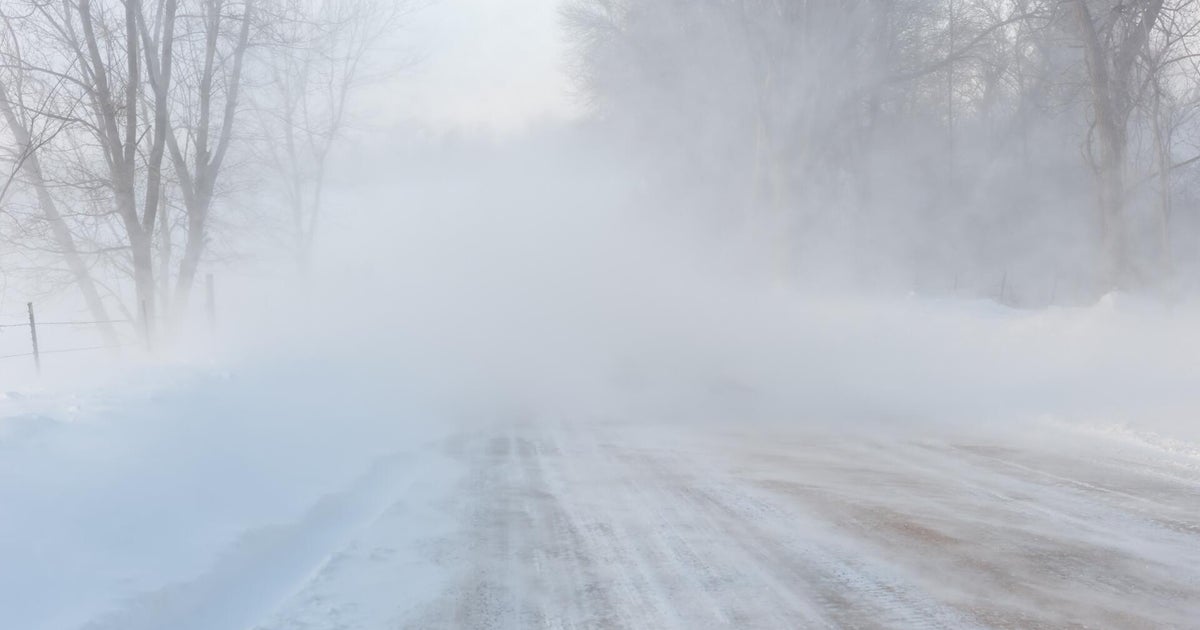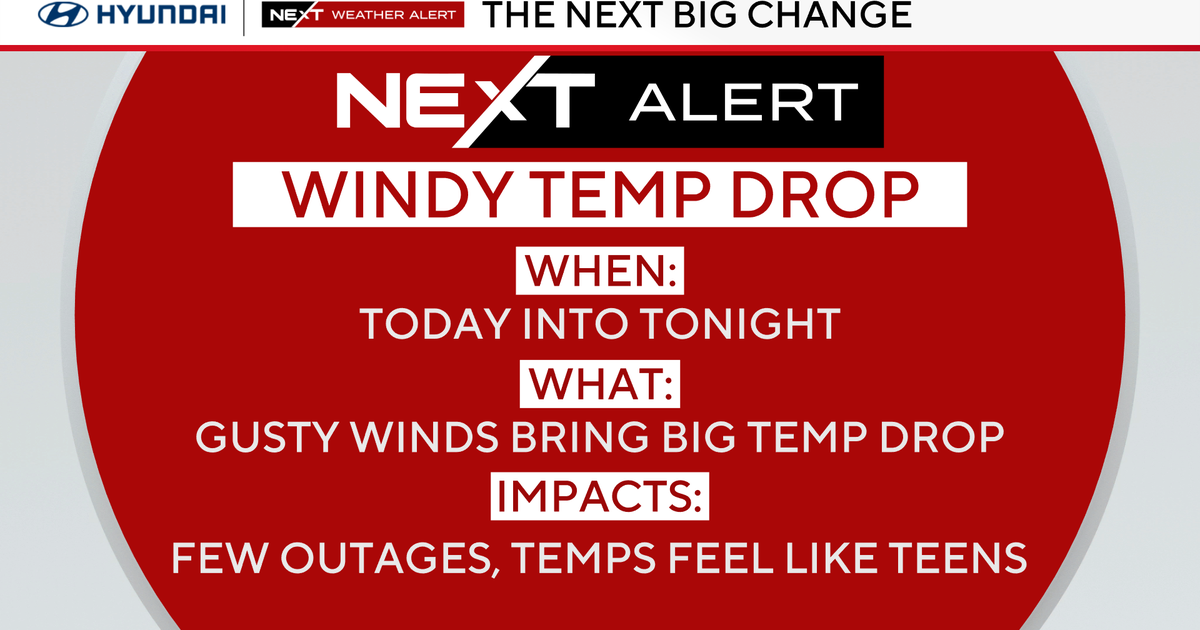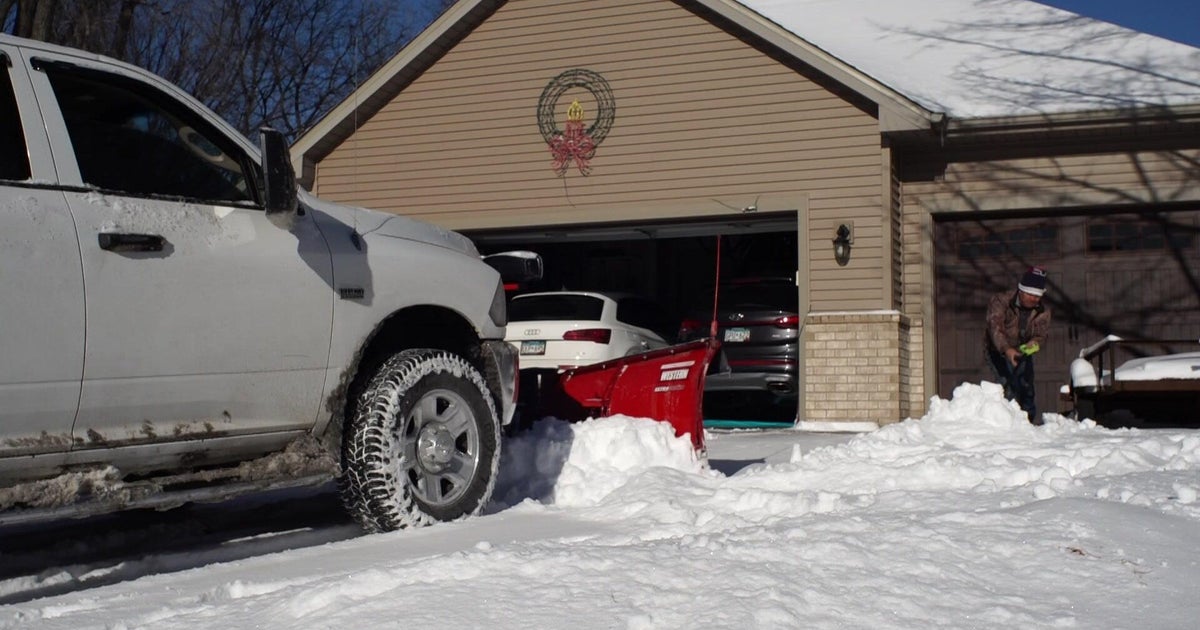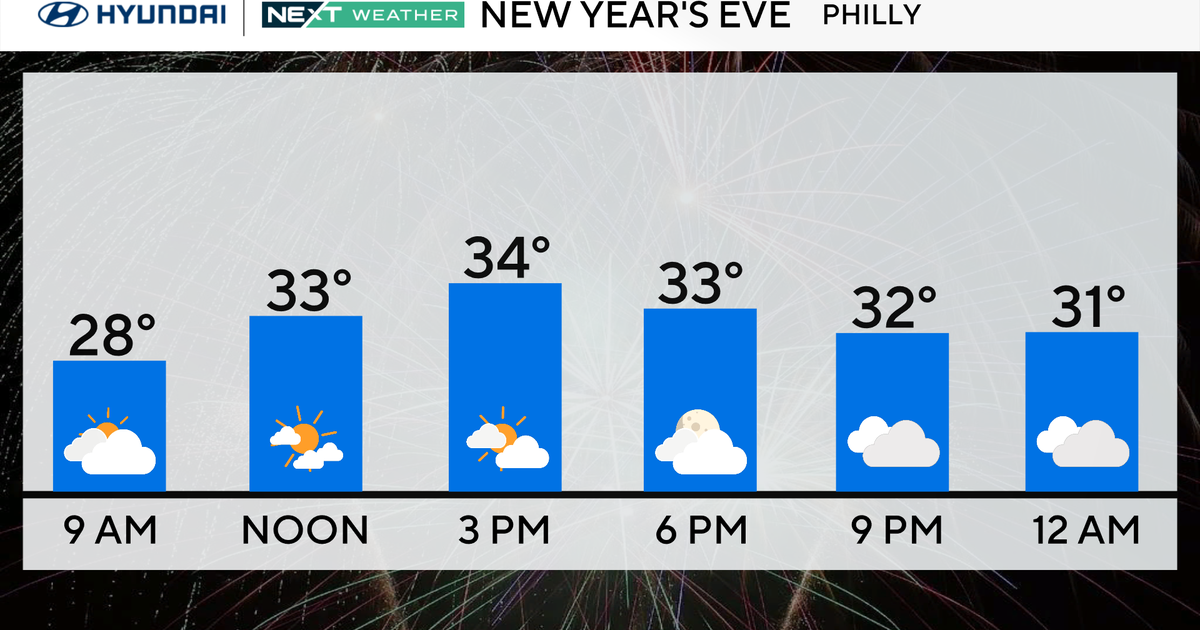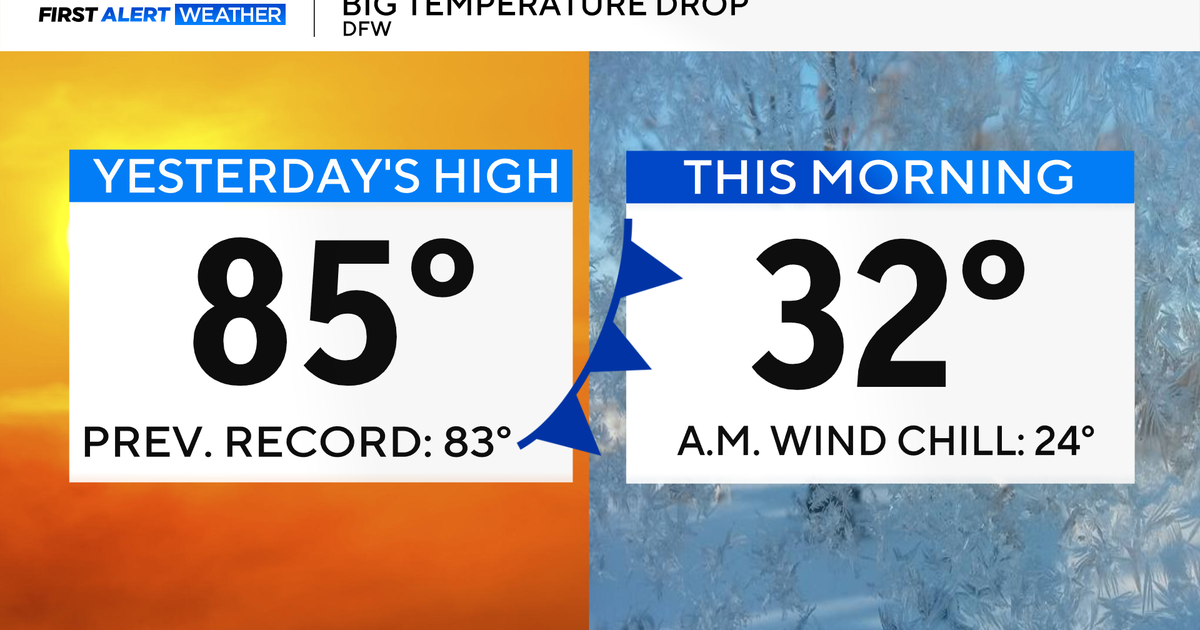Science of Weather: Science of Cider
(CBS DETROIT) - Fall is here, and while pumpkin spice seems to be on many people's minds, it seems like apple cider runs in the veins of Michiganders, and the fall cool, crisp nights are exactly what these apples need to become cool, crisp cider.
"It's both a science and an art. It's the science of growing good apples and the art of picking the varieties and making the great cider," says Paul Blake, co-owner of Blake's Farms. "The variety of the apples that we grow in Michigan are just superb."
Weather starts affecting the apples as early as in the winter season.
Blake explains, "In general, it starts with a somewhat mild winter, so the buds don't get frozen off. Once the buds form in the springtime, and you hope that you don't get below freezing weather when the buds open up into blossoms."
The right amount of rain is also a factor. Blake continues, "Rain affect the size of the apples. It affects the juiciness of an apple, so when you make a cider you get more juice out of them. You'd like a dry fall for harvesting."
However, wind can be a problem, too. "The ripe apples will want to fall off the tree prematurely. So, we're always cautious by the windy day," Blake says.
"Sunshine helps with the coloring of the apples and getting them to mature. The real caveat is when you get into the first frost in the fall. Apples will want to turn red with cold nights and not only do they turn red, but they produce more sugar inside the apple. So you can get your best-tasting cider from mid-October to Christmas time." Blake adds. "In September, when you're making cider, you'll typically have a more tart cider. More of the apples are more tart. Later, in October--mid-October--you have the choice of those tart apples with all the sweet ones that ripen a little later. So, you really have the best of both worlds from early October until Christmas."
Blake talks about the difference between regular cider and hard cider. He says, "Hard cider is a little different. You really want tart apples to make great hard cider. We grow 25 different varieties of apples. We can control some sweet apples [and] some tart apples to get that five-apple blend. We think it's just a premium cider."
Now that's the Science of Cider.
